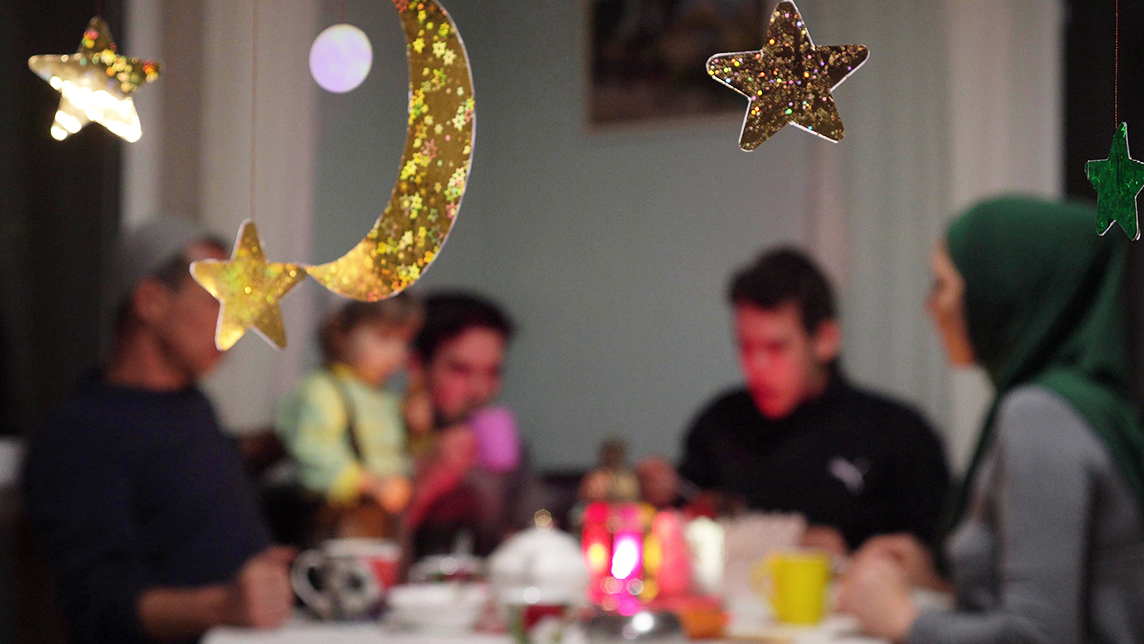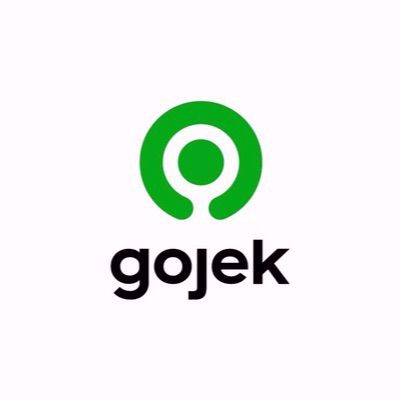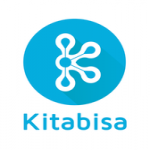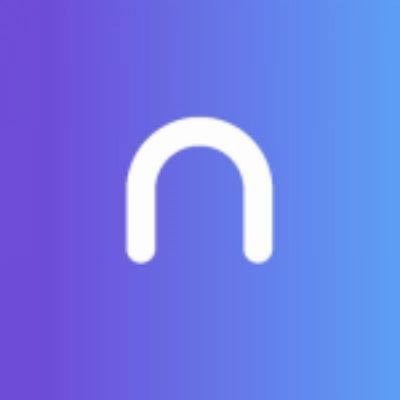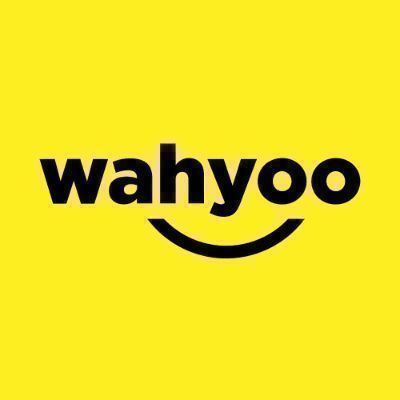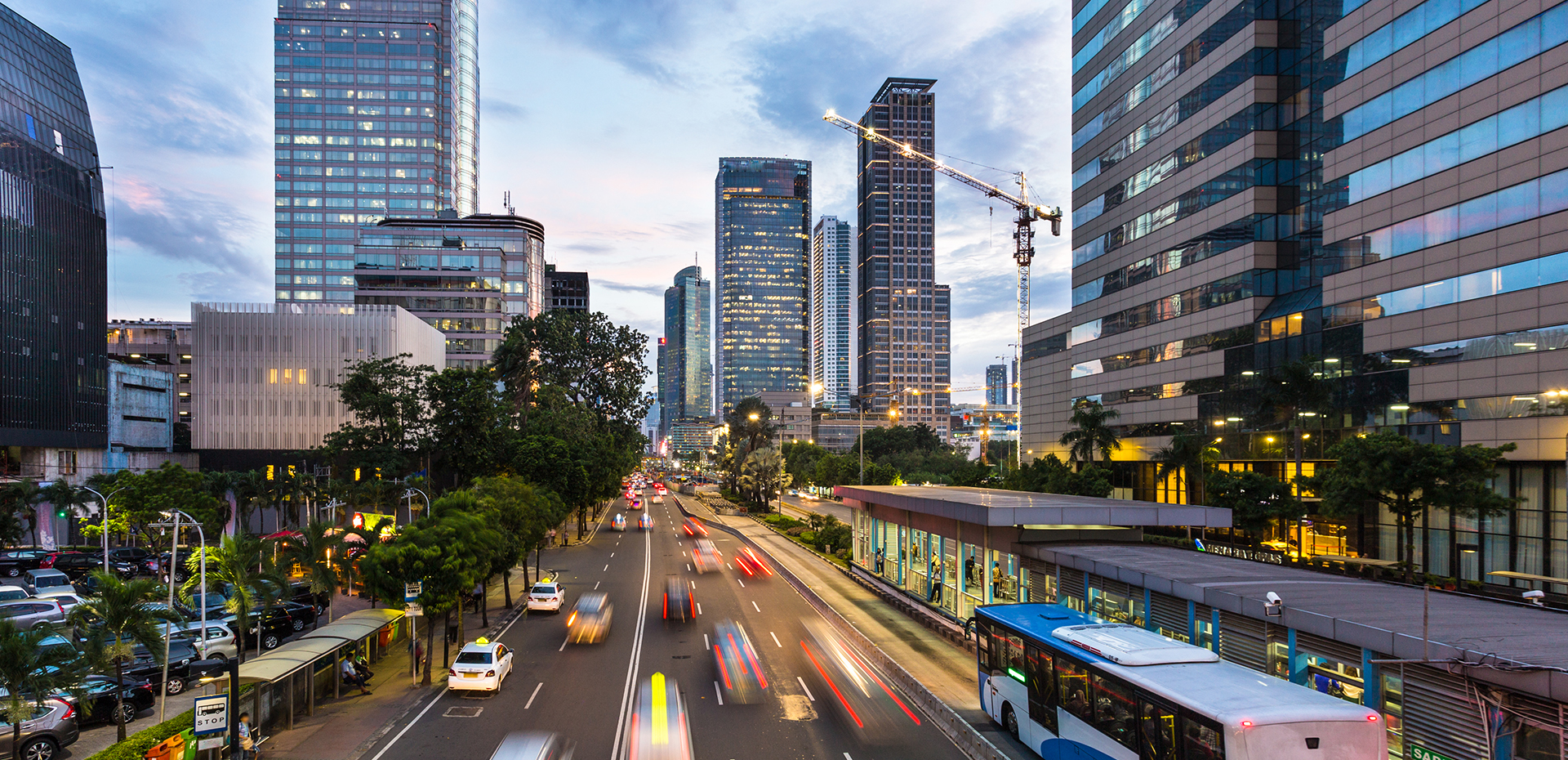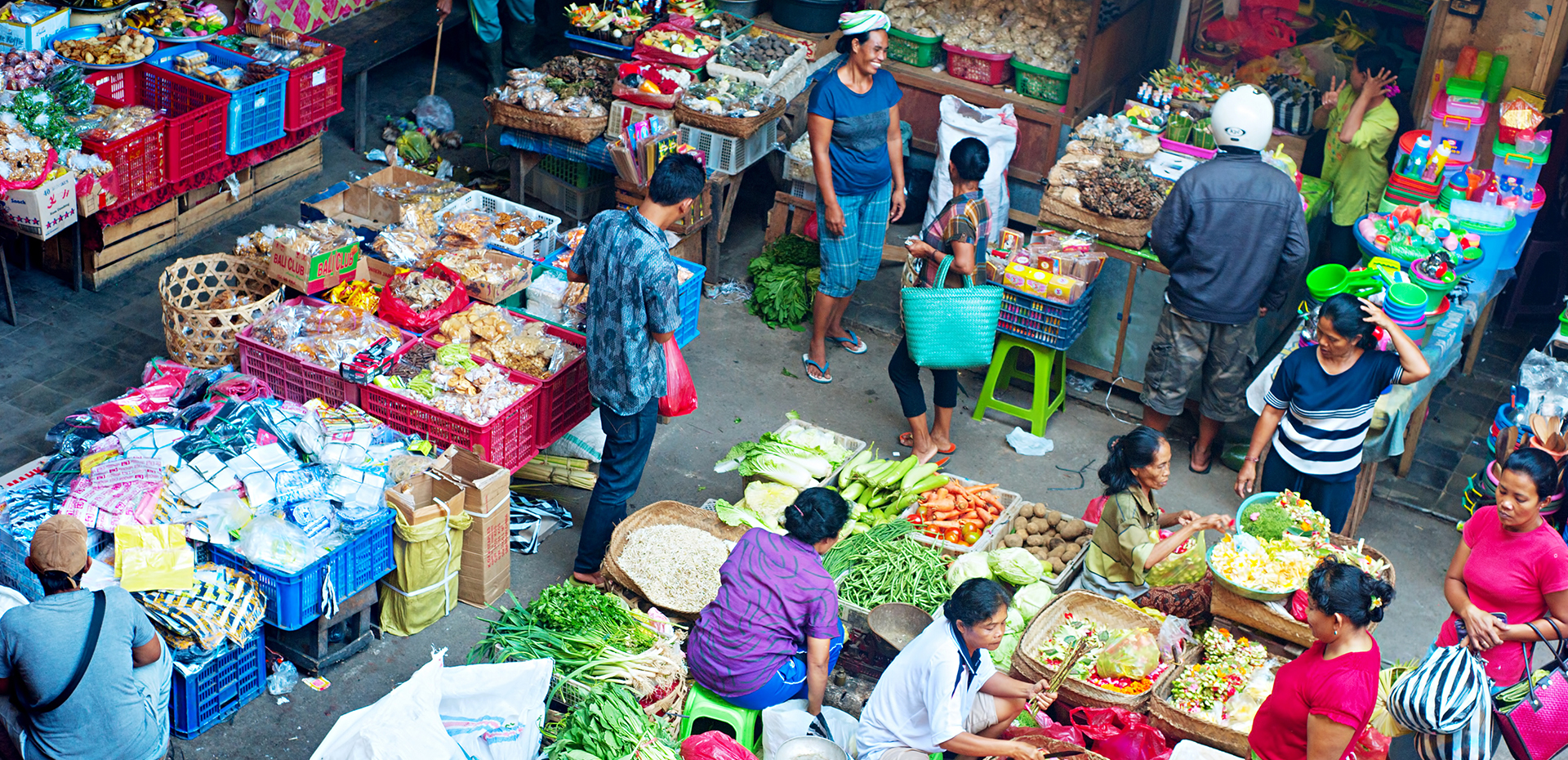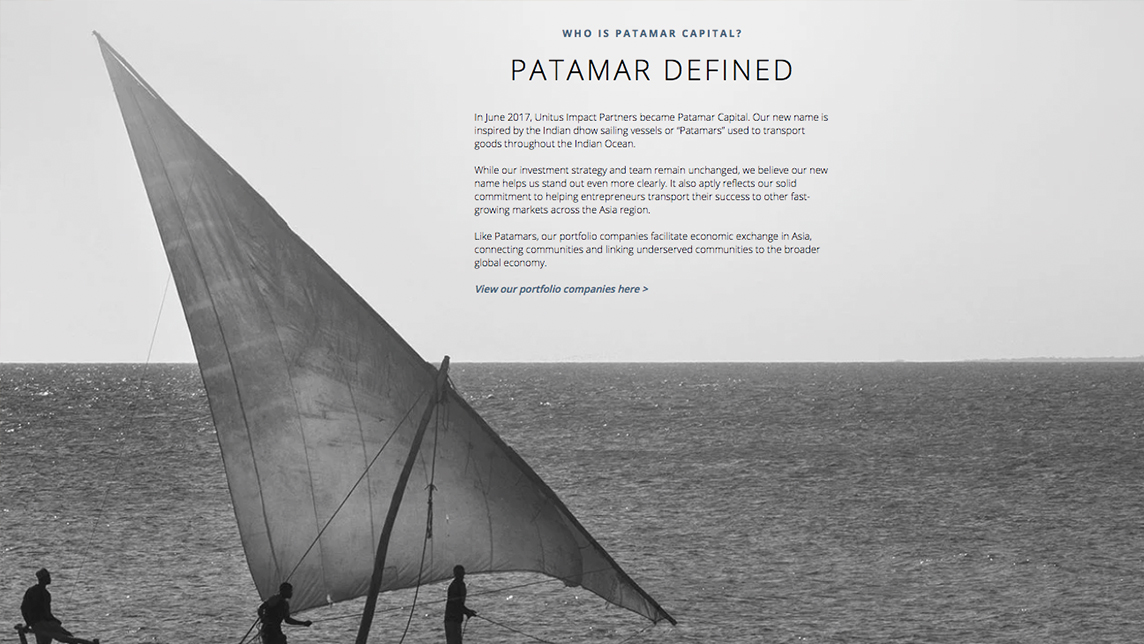The month of Ramadan is the holiest month in the Islamic calendar, dedicated to fasting, prayer and charity. Indonesia, with more than an 80% Muslim population, has its unique traditions and events to celebrate the festive month, which ends with Eid al-Fitr.
Local tech companies, with their services and products forming a fundamental part of Indonesian lifestyle by now, have also facilitated and joined in the traditions and quirks of the Indonesian Ramadan.
Fasting and feasting

Ramadan may be a month of fasting, but it’s also a month of extravagant iftar (breaking the fast) meals. After having refrained from eating and drinking from dawn to dusk, Muslims often break their fast with cold, sweet drinks and big meals. Many people also use the occasion to set up gatherings with friends and loved ones, whether at home or at restaurants and malls.
Naturally, this is a time for restaurants to shine. Many eateries offer package meals that include drinks and sweets to break the fast, giving that essential hydration and calorie boost before the consumption of a bigger dinner meal.
And so Go-Jek, Indonesia’s best-loved super app, with its Go-Food on-demand food delivery service and Go-Pay e-wallet, makes it easier for hungry diners to order their nosh anywhere, anytime, often with attractive discounts and cashback. Competing e-wallets like OVO and DANA also have their own discounts and cashback programs.
The festivities aren’t just confined to dinner time, however. Students and working adults alike often spend the afternoon waiting for iftar at shopping malls and other lifestyle centers, as part of a tradition known as ngabuburit. That’s when employers let their staff end work early so they can prepare for iftar and wake up for suhoor, the pre-dawn meal.
Online travel booking platform Traveloka took this opportunity this year to promote their lifestyle and experience offerings, with 50% discount coupons for spas and salons, children’s playgrounds, and movie tickets.
To save or to spend?

As Ramadan came to a close, many Indonesians received a holiday bonus from their employers. The bonus is often used to fund a holiday trip or to buy gifts for friends, family or even just for oneself. In Indonesia, the celebration of Ramadan and Eid al-Fitr has come to be associated with new things: new shoes, new clothes, even a new coat of paint for the house. Consumer research company Snapcart reported that 60% of respondents planned to spend that bonus, with 91% of those using e-marketplaces to shop.
E-commerce giants Tokopedia, Bukalapak and Shopee were hence quick on the uptake, offering free shipping, discounts and cashback across their platforms. Tokopedia, in particular, gave free shipping without a minimum transaction value on 17 May (a time before the bonus was even disbursed), advertising it as part of “the biggest shopping tradition in Indonesia.” Bukalapak and Shopee also offered a wide range of deals, flash sales and cashback programs throughout the month.
Amid this shopping blitz, P2P lending and investment platform Koinworks urged the public to make better use of their money. Continuing their hashtag campaign #SelamatkanGaji (“save your salary”), Koinworks encouraged users to invest their holiday bonus with a cashback program. The cashback takes the form of tokens, which earn interest when invested, but users cannot cash in the tokens themselves.
Take me home, country road

The Indonesian government may have set the Eid holiday to be only two days, but for many government organizations (and private ones, too), the holiday this year lasts for the entire first week of June. It is estimated that almost 15 million people will be traveling from Greater Jakarta alone, whether they are going back to their hometowns to celebrate Eid or just taking advantage of the long vacation period.
Travel booking apps like Traveloka and Tiket are offering discounts on flight tickets and hotels. Yet these might not take the sting out of the recent rise in airfares, which seemingly peaked (in price and absurdity) at an IDR 21.9 million (US$1,530) ticket for a Bandung-Medan flight of over 2 hours. No wonder many still prefer to take the bus or drive, especially in the Java-Bali region, which in turn often leads to massive traffic jams along the popular routes.
In previous years, smart city builder Qlue and computer vision developer Nodeflux have taken part in helping both toll road managers and holiday-goers anticipate traffic jams. In 2017, Qlue launched the #QlueinMudik (“Qlue Homecoming”) hashtag campaign, which encouraged travelers to report traffic jams, potholes and other problems encountered on the road -- the submissions were later compiled into a report for government stakeholders. Meanwhile, in 2018, Nodeflux was engaged by toll road operator Jasa Marga to monitor traffic around rest areas, informing travelers about empty parking slots.
A month of blessings

Most importantly, however, Ramadan is a month of prayer and charity. Before Eid, Muslims make a mandatory charitable contribution, known as zakat, and in Indonesia the collection is governed by the National Zakat Board. The Board now works with crowdfunding platform Kitabisa, as well as e-commerce platforms and banks to offer new ways of paying zakat: voucher purchases, bank transfers, even QR codes. Privately run Islamic charities like Rumah Zakat even accepts donations via Go-Pay and OVO.
Kitabisa launched its own initiative for Ramadan; between May 24 and 31, donations made under selected campaigns were matched by corporate partners like Nutrifood, Maybank and cosmetic brand Wardah, as well as other startups like Go-Jek, Halodoc and TaniHub. Go-Jek also launched Go-Give, which links its app directly to the Kitabisa website. Users can now donate to Kitabisa’s campaigns using their Go-Pay balance as well.
Finally, Ramadan-related tech ideas go viral too. Wahyoo, an O2O startup that helps traditional restaurants improve their business and plan their finances, started the hashtag campaign #WahyooChallenge, that encouraged people to treat Go-Food delivery drivers to an iftar meal. Many restaurant chains, noticing the trend, also began offering delivery-only meal packages that include a free meal for the drivers.
